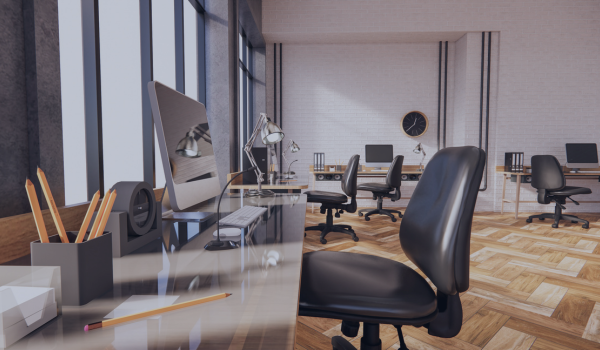Running a business involves numerous risks, but with the right commercial property insurance, you can protect your assets and ensure business continuity. Whether you own a manufacturing plant, a retail store, or an office building, understanding commercial property insurance is crucial for safeguarding your investment against various perils.
Understanding Commercial Property Insurance
Commercial property insurance covers your business property from dangers like fire, theft, and natural disasters. Every type of business, including manufacturers, retailers, service providers, and non-profit organizations, needs commercial property insurance. Often bundled with other forms of insurance, such as commercial general liability insurance, commercial property insurance offers comprehensive protection.
For businesses with valuable equipment and assets, commercial property insurance can be a significant expense. This type of insurance provides protection similar to homeowners’ insurance but with the added benefit that the cost of premiums are generally deductible as business expenses. It’s important to note that this commercial property insurance typically does not cover losses arising from tenants using the building.
Factors Affecting Commercial Property Insurance
When determining the cost of commercial property insurance, the primary factor is the value of your business’s assets, including the building. Conducting an inventory of your physical assets will help determine the replacement value and the appropriate level of coverage needed.
Other factors influence the cost and coverage of commercial property insurance:
Location: Properties in cities or towns with excellent fire protection are generally cheaper to insure than those in areas with limited fire protection.
Construction: Buildings constructed with fire-resistant materials often qualify for discounts, while those made with combustible materials will have higher premiums.
Occupancy: The type of business conducted in the building affects the fire rating and insurance cost. For instance, office buildings usually have lower rates compared to restaurants or auto repair shops.
Fire and Theft Protection: Proximity to fire hydrants and stations, as well as the presence of fire alarms, sprinkler systems, and security systems, can lower premiums.
Property to Consider for Commercial Property Insurance
Ensure your policy covers key areas of your property, such as:
- The building itself, whether owned or rented
- Office equipment, including computers, phone systems, and furniture
- Essential company documents and accounting records
- Manufacturing or processing equipment
- Inventory
- Fences and landscaping
- Signs and satellite dishes
What is Typically Excluded from Commercial Property Insurance?
Understanding what is excluded from commercial property insurance is just as important as knowing what is covered. Here are common exclusions found in most property insurance policies, particularly the popular Special Causes of Loss form:
Flood: Typically requires a separate flood insurance policy.
Earthquake: Covered under a special earthquake insurance policy.
Terrorism: Often excluded, though some coverage may be available with a separate policy.
War and Military Action: Standard policies do not cover damage from war or military activities.
Intentional Damage: Damage caused intentionally by the policyholder is never covered.
Nuclear Hazard: Any nuclear-related damages are excluded.
Normal Wear and Tear: Routine maintenance issues and the natural aging of the property are not covered.
For some of these exclusions, such as floods and earthquakes, specific policies are available. Intentional damage and normal wear and tear are risks that no insurance policy will cover.
Understanding Policy Exclusions and Enhancements
Basic commercial property insurance policies often exclude specific perils like those listed above. Enhancements or endorsements can expand coverage to include additional risks, such as boiler and machinery insurance. Read our latest blog post here to learn more.
Choosing the Right Coverage Amount
The amount of coverage will depend upon whether the policy reimburses you for replacement value or actual value:
Replacement Value: Covers the cost of replacing your building with new construction.
Actual Value: Covers the replacement value minus depreciation.
Work closely with your insurance representative to assess the value of your building and its contents accurately.
Owning vs. Renting Your Building
Your insurance needs will vary depending on whether you own or rent your business location. Owners are typically responsible for most expenses in case of a loss, while renters may have different requirements based on their lease agreements.
Choosing an Insurer
You need to find an insurance company that can customize policy options to fit your business needs. Consider factors such as:
Service Level: Look for insurers with outstanding claims service and quick response times.
Financial Stability: Ensure your insurer has the financial stability to pay claims and fund rebuilding efforts promptly.
Risk Management: Risk Management Consultants can help you create a culture of safety, reducing the likelihood of future losses.
Having the right commercial property insurance is crucial for helping your business mitigate loss and recover from a casualty. At RMC, we recognize that your business won’t fit into a one-size-fits-all solution. So, we begin with a risk assessment that identifies potential coverage gaps, then offer suggestions about how to fill those gaps with a combination of coverage options.
Contact RMC Group at rmc@rmcgp.com or call 239.298.8210 to discuss your insurance needs and secure the best coverage for your business.




